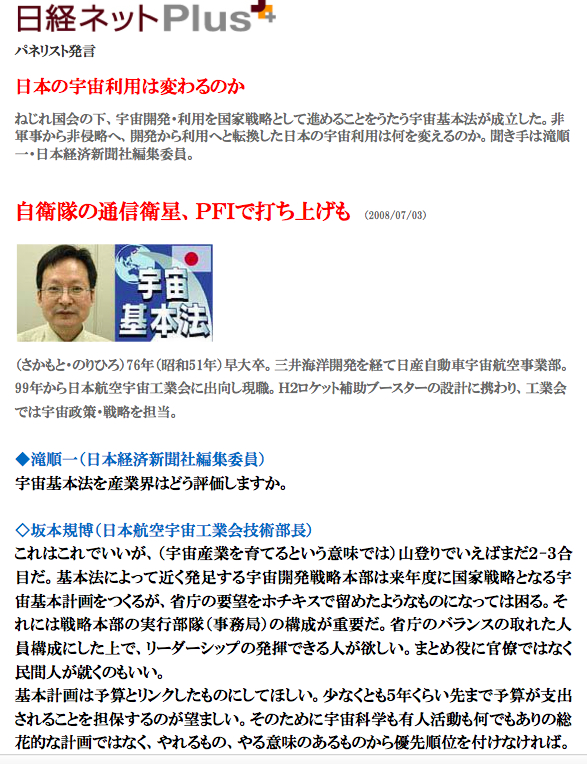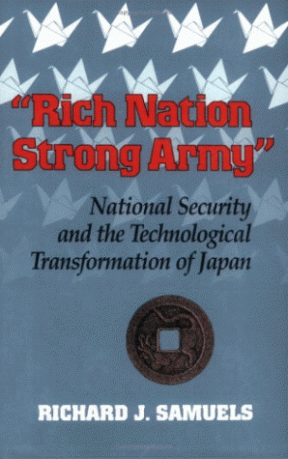Here is an insight into how Japanese journalists (with many honorable exceptions) over the issues. You can get an idea of piece just from the title: “New Satellite Race.” What on earth (or in orbit) that is supposed to mean, is beyond me.
The point is that the article raises legitimate concerns in its conclusion:
「政府の担当者の間では、発射のタイミングを正確にとらえるためにも、DSPなど「宇宙の目」の役割は重要と考えられている。このため、日本でも自前のDSP導入に向けた研究が始まった。
しかし課題は山積している。DSPにはミサイルの熱源をもとに瞬時に種類や能力を割り出し、弾道を緻密に解析できるソフトウエア開発が欠かせない。しかし日本にはそうしたデータの蓄積がない。しかも早期警戒システムには衛星だけでなく、集めた情報を部隊間で共有する巨大なネットワークの構築も必要になる。
03年から打ち上げが始まった政府の情報収集衛星に投じられた経費は現在、7000億円近い。開発費を含めればDSPも数千億円かかると推定されており、国民の納得が得られるかどうかという新たな問題に直面する。」
Which boils down to legitimate doubts and questions about Japan’s EW program. But the point is without context/ contextual/ relevant contextual presentation by the journalist, the Japanese public is left thinking that the Asahi’s question raising motivated by its political stance; even a few more cursory levels of analysis of facts and background would have made this more helpful…but at least it isn’t at the pizza on the moon level of rubbish that we sometimes see in the foreign press.
So I figure, anything that gets Japanese space development issues into the media by a reasonable journalist has to be something…




